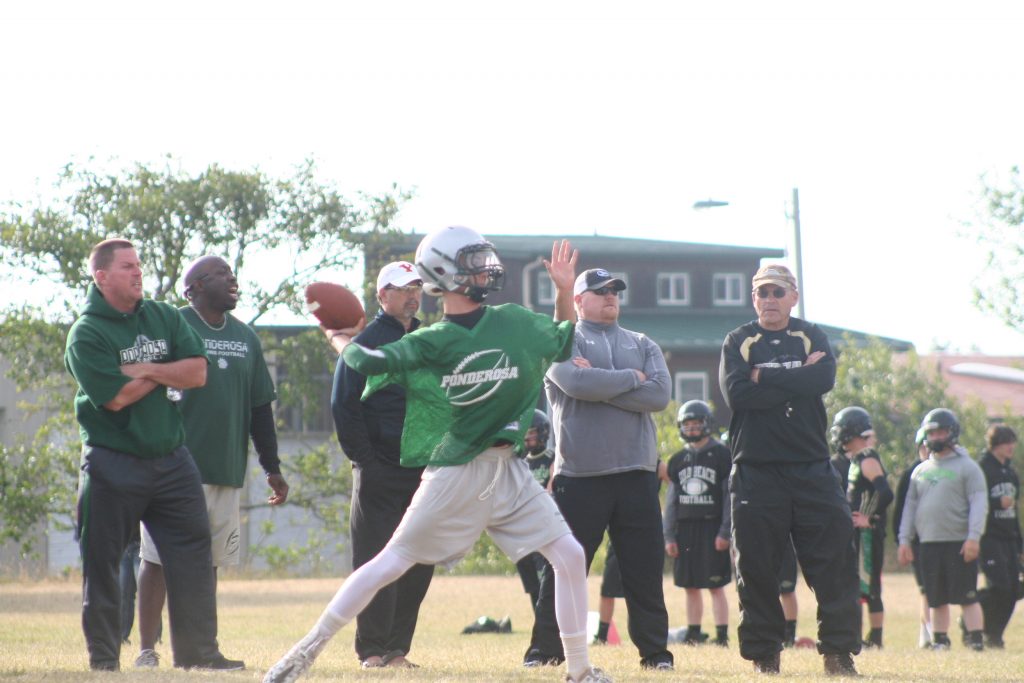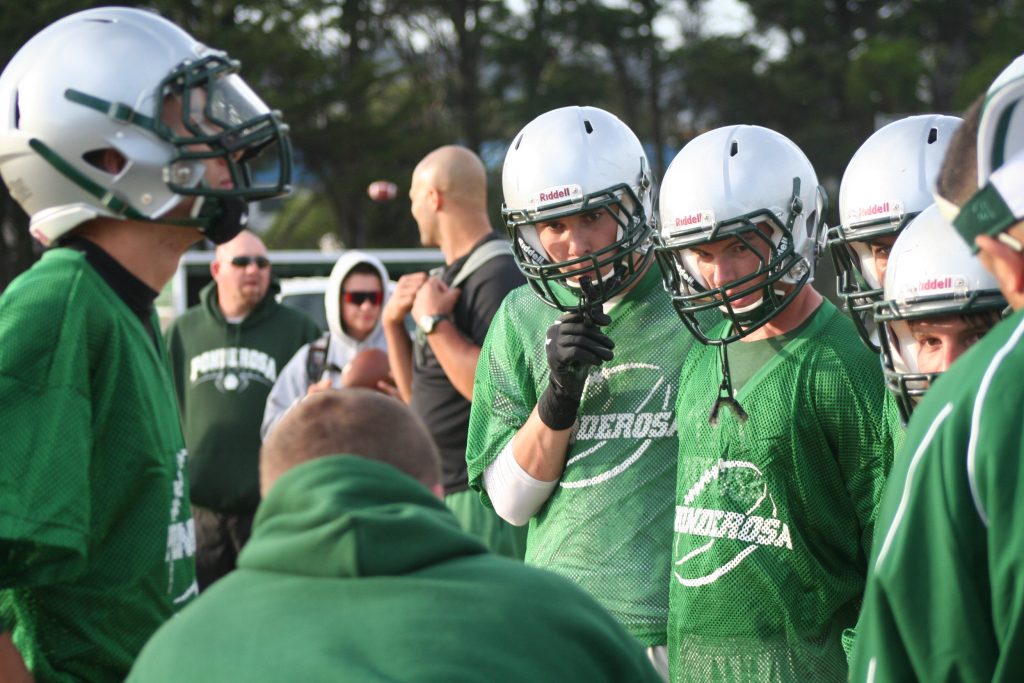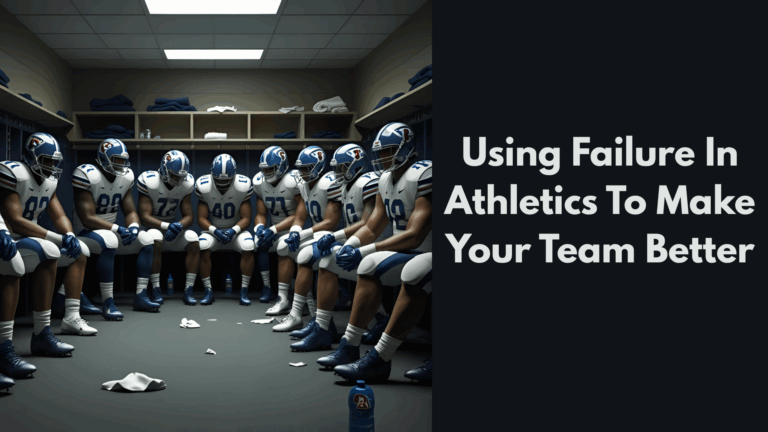
I recently read something fascinating in a book called Supervision and Instructional Leadership by Carl D. Glickman. He explained something about group meetings at schools that got me thinking about football practice.
Let us face it, we have all dreaded staff meetings at schools for one reason or another. Many times that we dread those meetings, is because nothing will apply to us. Therefore, those meetings are just a waste of time.
It got me thinking about football “group meetings,” or what we call practice. How many of our practices are a complete waste of time to the kids coming? If the practice doesn’t apply to them, what is that going to do to the direction of your team over the course of a season?
As a coach, we have many, many different goals for our season, for each game week, and for each practice. Sometimes the goal is to install a new kick return, or maybe it is a new blitz. We have different goals for our kids. For one, it might be to earn a college scholarship while for another we would love to see him start a few games.

So, there is a delicate balance that coaches must evaluate: the goals of the groups and the goals of the individual.
Glickman calls this “the two dimensions of an effective professional group.” I don’t think that this idea applies only to a professional group, it applies to our high school football teams as well, and specifically to our practices. You can simply exchange the word practice for the word group.
The leader must split the meeting (practice) in to two separate “dimensions.”
He calls these the “task dimension” and the “person dimension.”
The “task dimension” represents “the content and purpose of the group meeting (practice).” There is a task or tasks to accomplish and the group sets out to accomplish that task or tasks. For instance, installing 3 new plays for this weeks’ game might be today’s practice task.
The “person dimension” involves the “interpersonal process and the satisfaction participants derive from working with each other.” Each of our players has needs. Social needs, physical needs, emotional needs. They are all playing football for a different reason. As a coach, it is key to understand the individual needs of our players.
This is where we see big differences in programs. When kids feel and know that their Head Coach, or their unit coach, or position coach actually cares for them as a person, not just a teammate, we find successful programs.

Glickman says that in the professional meeting world, when there is concern for each individual, then it leads to a positive group climate. And when there is a positive group climate, the individuals will want to meet as a group again and again and again.
This is where the light bulb went on for me!
The teams where I’ve had great team chemistry, the kids wanted to be there.
They wanted that group to meet often. Why? Because they felt valued. They felt as if their individual contributions, the “people dimension,” were worthy to be added to the team. They had something to offer, and they wanted to offer it. They felt valued as a person.
Glickman would say that we achieved great “person dimension” that led to great “task dimension” as a group. Do you see how that works together?
The very same thing applies to coaching staffs. I’m sure we have all been on staffs that worked very well together, and other staffs that did not. Glickman would analyze the group and probably find that “task dimension” became more important than “people dimension.” Therefore, the people didn’t like the meetings, and didn’t want to be there.
The takeaway: remember to value your players as people too.
If you’re a Head Coach, remember that your staff is made up of people. If the players want to be there, and the coaches want to be there, then the task dimension is going to come together so well. The work will be done with satisfaction and effort like you’ve never seen!
Want more articles like this? Want specials from Eight Laces Consulting? Subscribe to our mailing list. I hate spam, you hate spam. We agree! Won’t be more than 4 emails per month.

